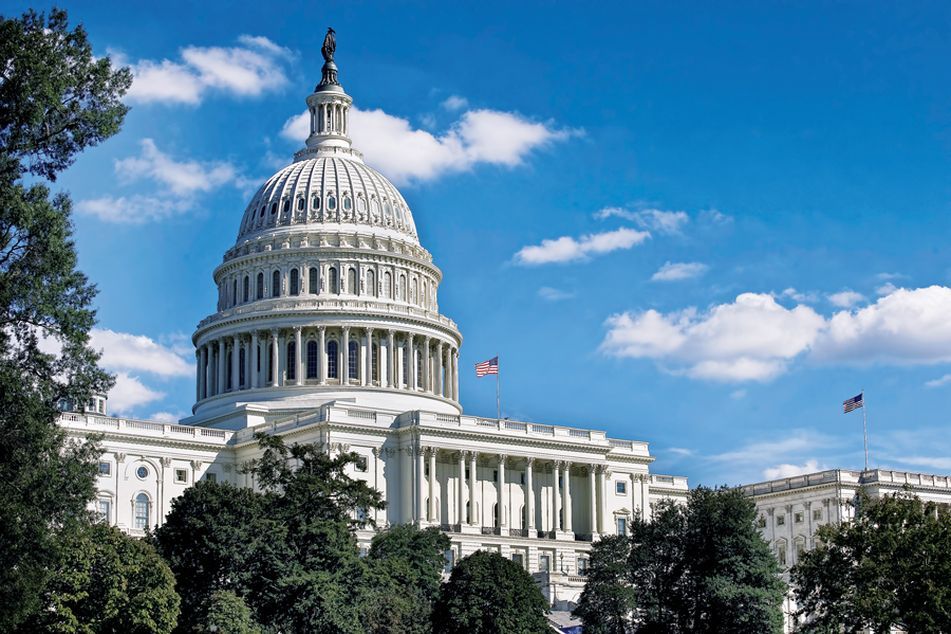Sen. Tester concerned about impact of SEC climate rules on farmers

The Montana Democrat's pushback gives a bipartisan tenor to ESG skepticism that so far has been voiced loudly by Republicans.
Republican have been emphatic about their opposition to an SEC proposal to mandate climate disclosures for public companies, but there also are worries on the other side of the aisle.
Last week, Sen. Jon Tester, D-Mont., contacted the Securities and Exchange Commission to express concern about how farmers might be affected by a provision in the proposal that requires firms to report their so-called Scope 3 emissions, or those produced by suppliers.
“I continue to hear concerns from Montanans in production agriculture about the unnecessary red tape this regulation could create,” Tester wrote in a letter last Thursday to SEC Chairman Gary Gensler.
Tester’s letter amplified questions he raised during a Sept. 15 committee hearing where Gensler was the sole witness. He noted that in discussions with Gensler, the SEC leader said the agency does not intend to have companies ask farmers for emission estimates.
But Tester, who’s a farmer himself, remains leery of the proposal.
“[T]he SEC should not take any action that may lead, intentionally or unintentionally, to burdensome reporting requirements for production agriculture when their goods are part of the supply chain for a publically traded company,” Tester wrote.
Tester’s pushback adds a Democratic voice to skepticism about the climate disclosure proposal. Republicans have been adamant in their opposition to that measure, as well as to other SEC proposals regarding environmental, social and governance investing.
The GOP can apply pressure to the SEC to change course on ESG oversight thanks to the narrow majority the party won in the House earlier this month in the midterm elections.
The smaller-than-anticipated House margin likely will curb the ability of Republicans to block funding to implement ESG rules. But their control of House committees will give them a forum to grill Gensler on his agenda.
He’ll also face Republican pressure on ESG from within the five-member SEC. Another example of that dynamic occurred last week when Republican SEC Commissioner Mark Uyeda warned that the SEC’s climate disclosure mandate could end up raising regulatory costs on companies from $2 billion annually to as much as $8.4 billion.
In a speech to the Cato Institute, a conservative think tank in Washington, on the same day that Tester sent his letter to the SEC, Uyeda questioned ESG costs and effectiveness.
“The uncertainty of benefits associated with ESG investing, combined with the certainty of costs for companies undertaking ESG activities, should motivate all market participants — whether public companies, investors or asset managers — to question whether the ESG trend itself is sustainable over the long term,” Uyeda said.
In congressional testimony and in other forums, Gensler has emphasized that the SEC is a disclosure, not a merit, regulator. The agency has no position on whether ESG investing is good or bad. Its disclosure proposals are meant to give investors information they’re demanding about sustainability when it comes to companies and funds, he said.
Learn more about reprints and licensing for this article.








